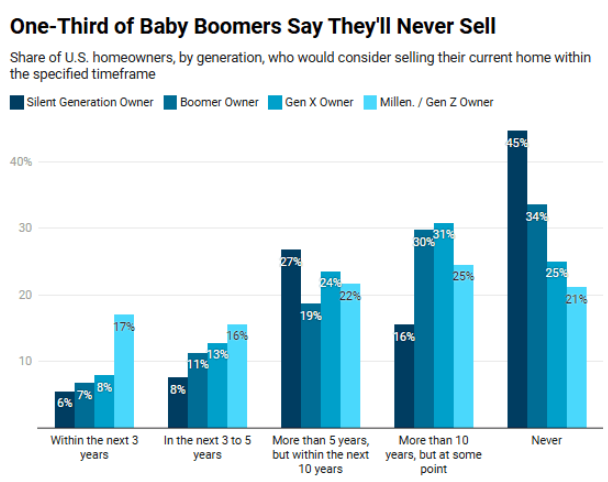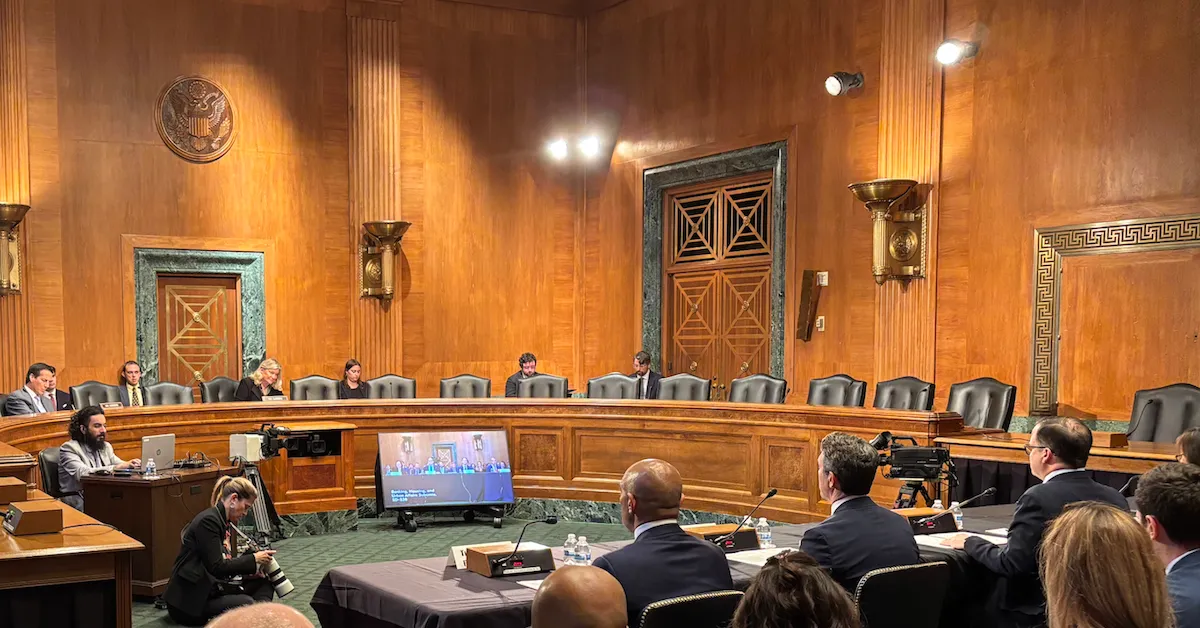When you plan your estate, beware of this common oversight
It's easy to cause a family falling out by forgetting to say who gets important sentimental items like jewelry and recipe books.

For the average person, estate planning involves tasks like assigning beneficiaries to financial accounts, crafting a will, passing on a house, and other legal and administrative duties. But Bette Capaldo, chief operating officer of The Estate Registry, an estate planning platform, says there are plenty of non-strictly financial things that can be overlooked in the planning process.
Whether it’s jewelry that’s been in the family for generations or your mother’s recipe book, sentimental and heirloom pieces are just as important a component of legacy planning as bank accounts. Disagreements over who gets to keep the family photos can wreak just as much havoc on familial relationships as those over money.
“If you don’t have the proper documents in place … those gaps can really cause disagreements amongst family members,” says Capaldo, noting that cherished sentimentals may can get claimed by someone unexpected or undeserving.
Disputes can also slow down the inheritance process, particularly if you are already in court to iron out who gets what. That’s where estate planning will really make a real difference. Other intangibles you may want to consider passing down include information on family heritage or a family tree, with accompanying photos, documents, and ancestral stories; important family beliefs and values; and digital assets like social media accounts, online writing, websites, photos, videos, and more (along with passwords to all of the accounts).
Beyond dictating who gets what, it’s important to keep all of these things, and more, accessible to future generations. That’s when it can make sense to look for one place in the digital or physical world where it can all be stored. That said, Capaldo recommends having multiple copies in different locations just in case. Physical photos, for example, can be scanned and stored online.
“We see customers using the estate registry tools to store things like old family recipes, or leaving a voice message for their grandchildren so that they can hear what they sound like in the future,” she says. “It’s not always the financial impact that it has, but also that emotional impact.”
Start small
To limit the potential strife, Capaldo urges families to get started now, rather than waiting for some far-off date in the future. There are three basic documents to create, she says: A will, a power of attorney, and a health care directive. This can be done inexpensively online, no need for a pricey lawyer or financial advisor to help out.
“The important thing is just to start, you don’t need to have all the answers in order to take that first step,” she says. “And then over time, your pan your plan will develop, and you’ll have everything you need.”
Once that’s done, keep the documents organized and in one place. If they’re not accessible in an emergency, then having them adds very little value, she says. This will also make it easier to update and manage them over time.
“If you create a will or a power of attorney, or even just have beneficiary designations on life insurance policies throughout your life, you want to make sure that you’re updating them,” she says.
There are plenty of online services that now do this, providing a centralized place for everything (of course, you’ll want a backup in case the service no longer exists decades down the line), or you can visit an estate planning attorney. Some people simply keep directives in their homes. If you choose that option, make sure someone you trust knows where you are storing them.
If you are looking for an estate planning attorney or advisor, Capaldo recommends first asking family and friends for recommendations; word of mouth is often the best way to find someone trustworthy. And don’t be afraid to interview a few before settling on someone who feels comfortable discussing very sensitive information with, she says. After all, your legacy is at stake.
This story was originally featured on Fortune.com












































































































































































